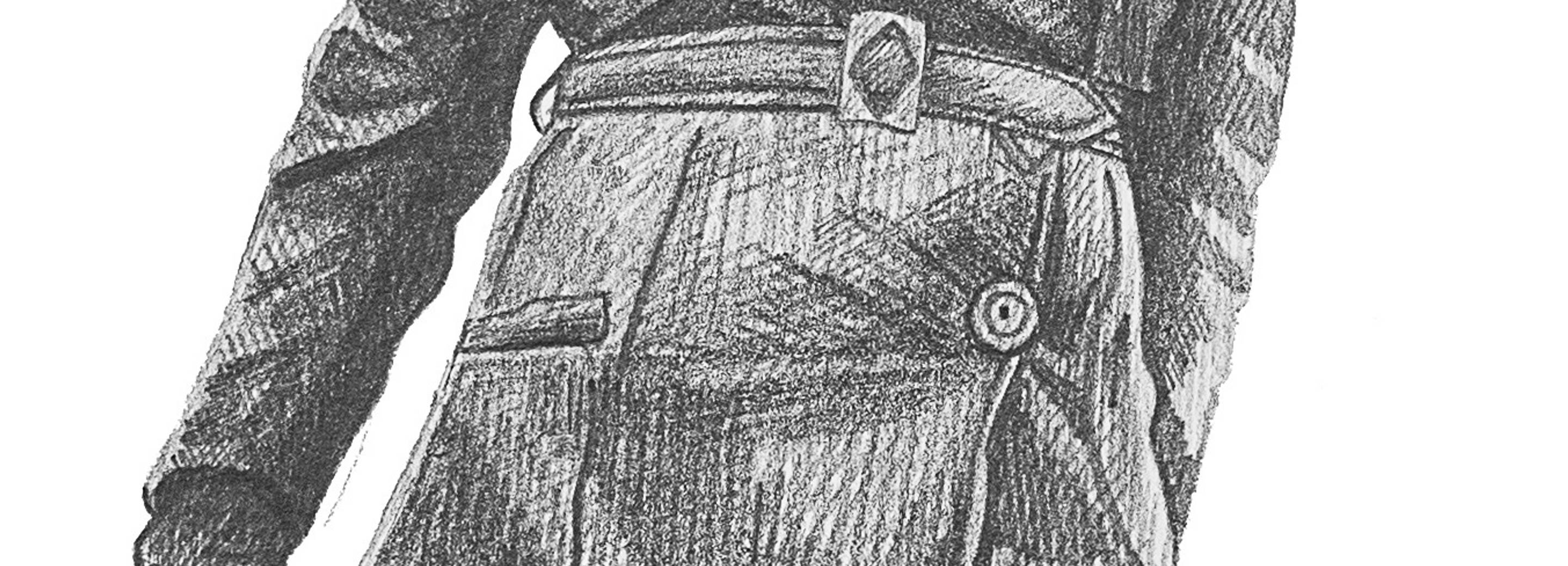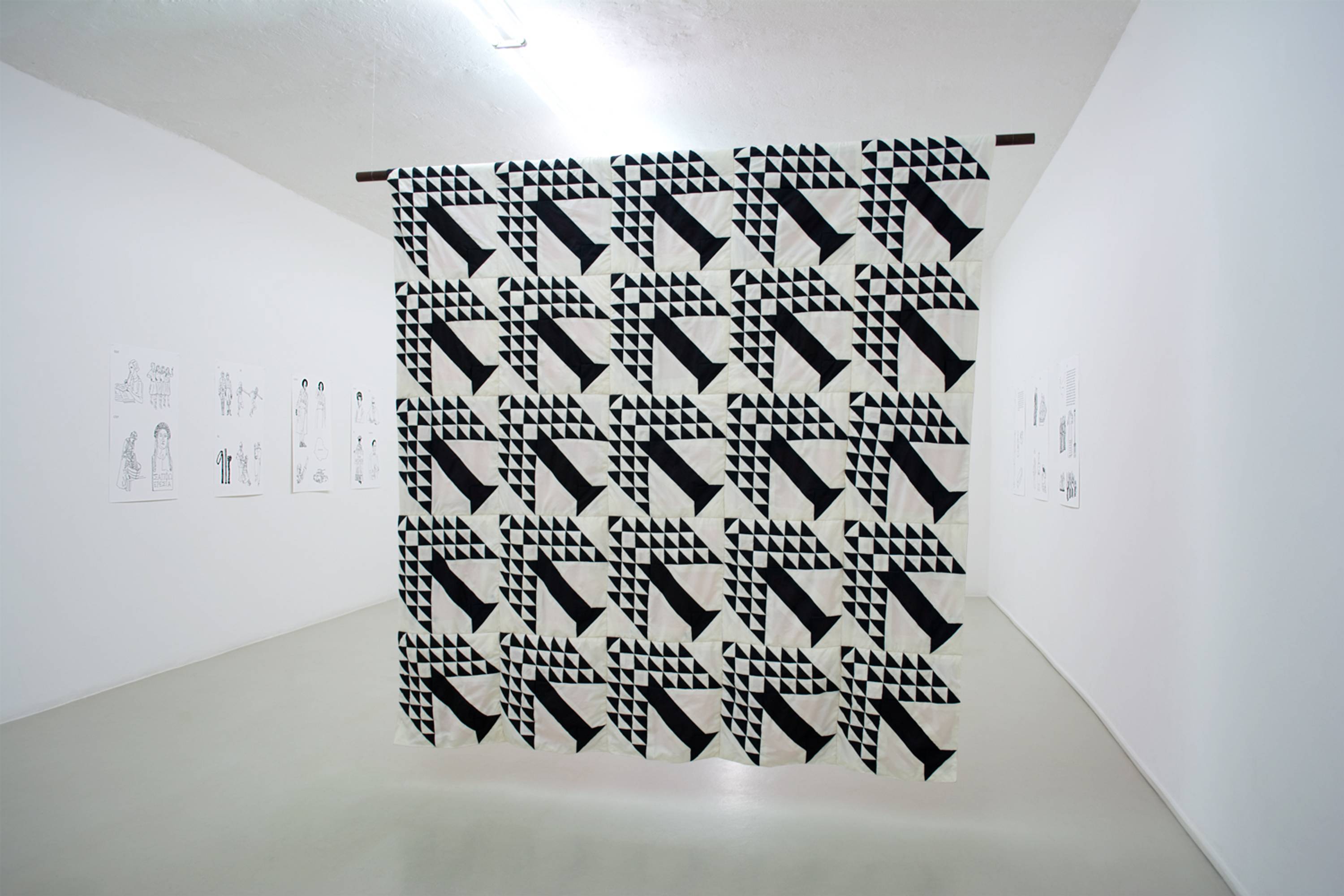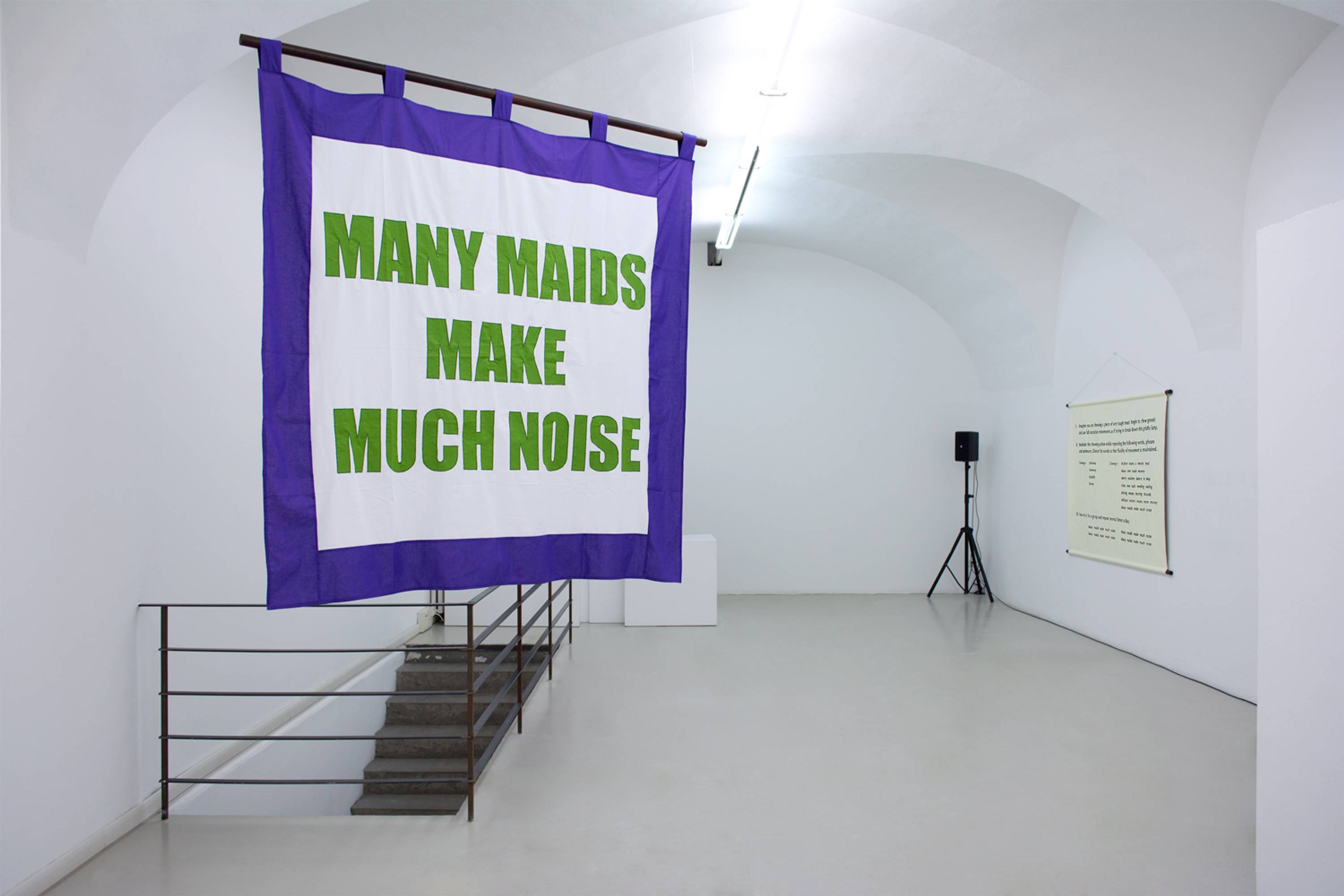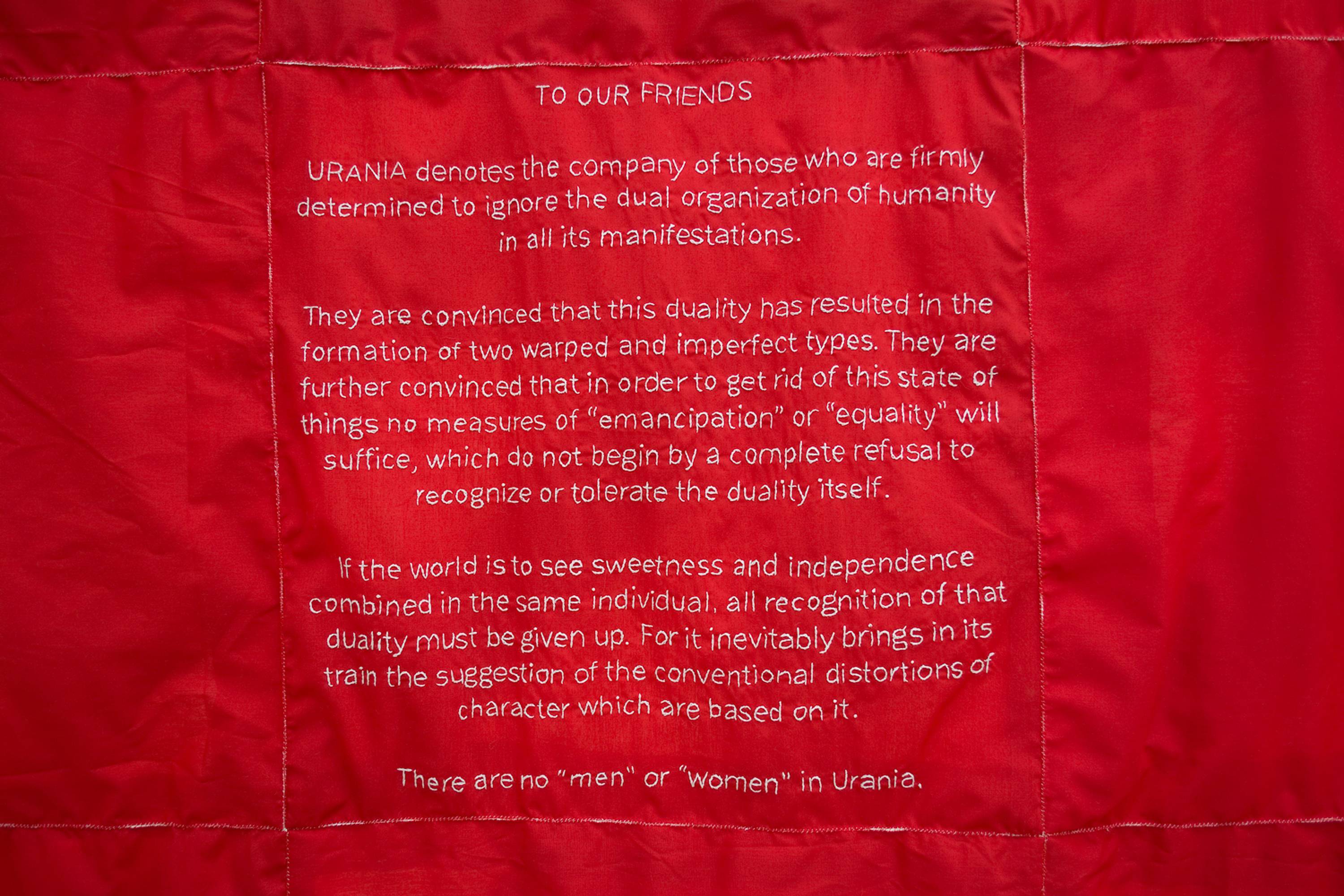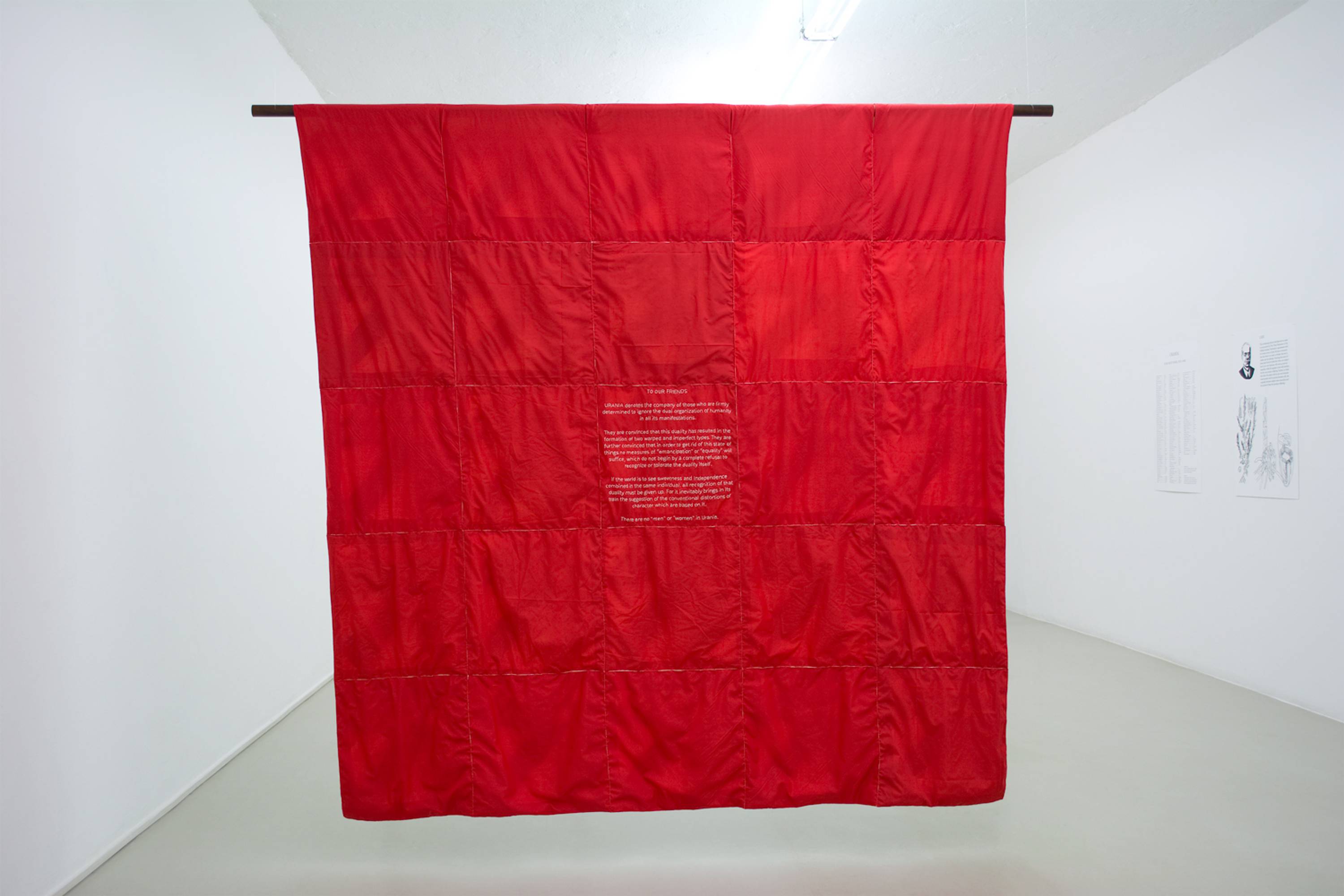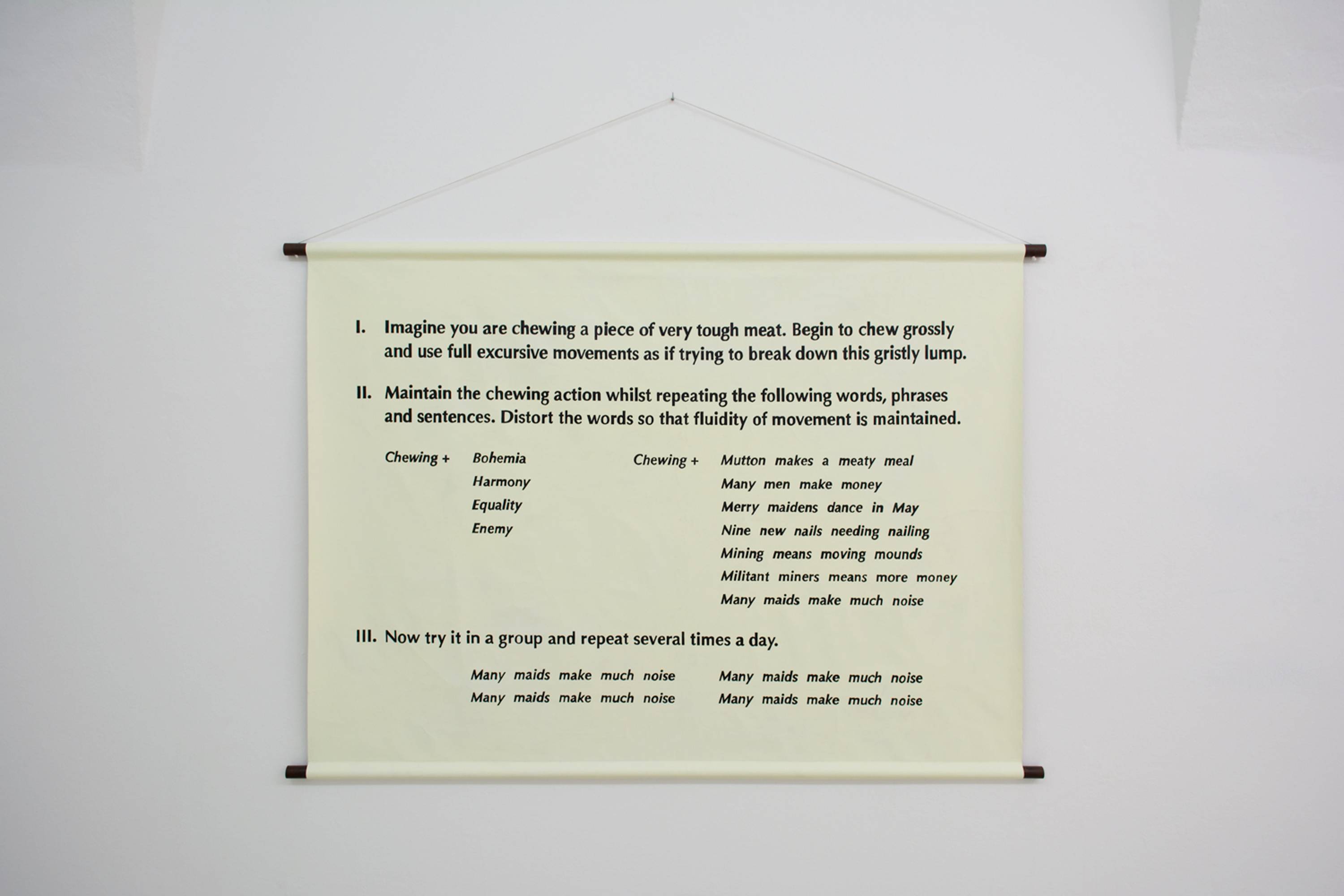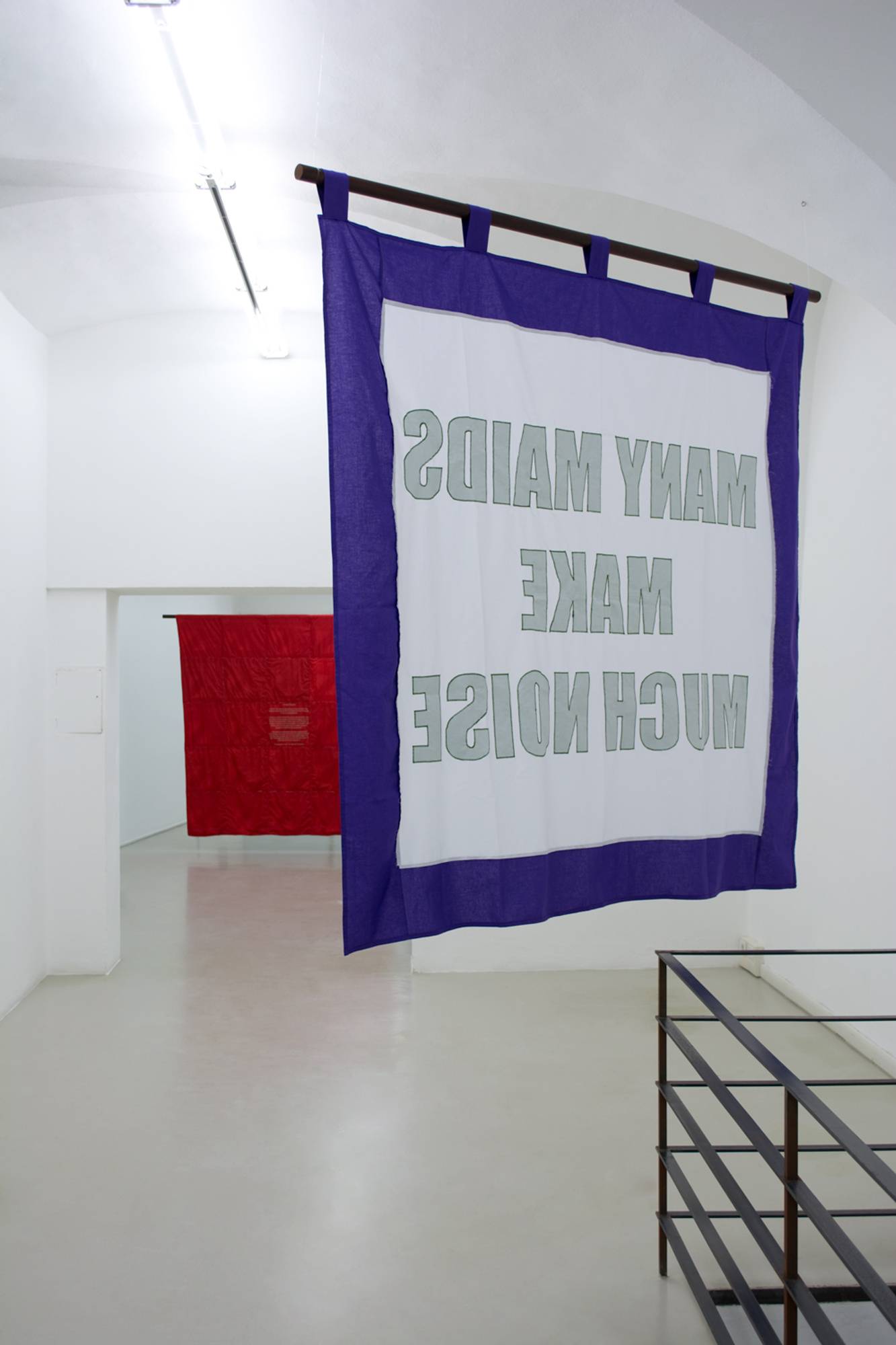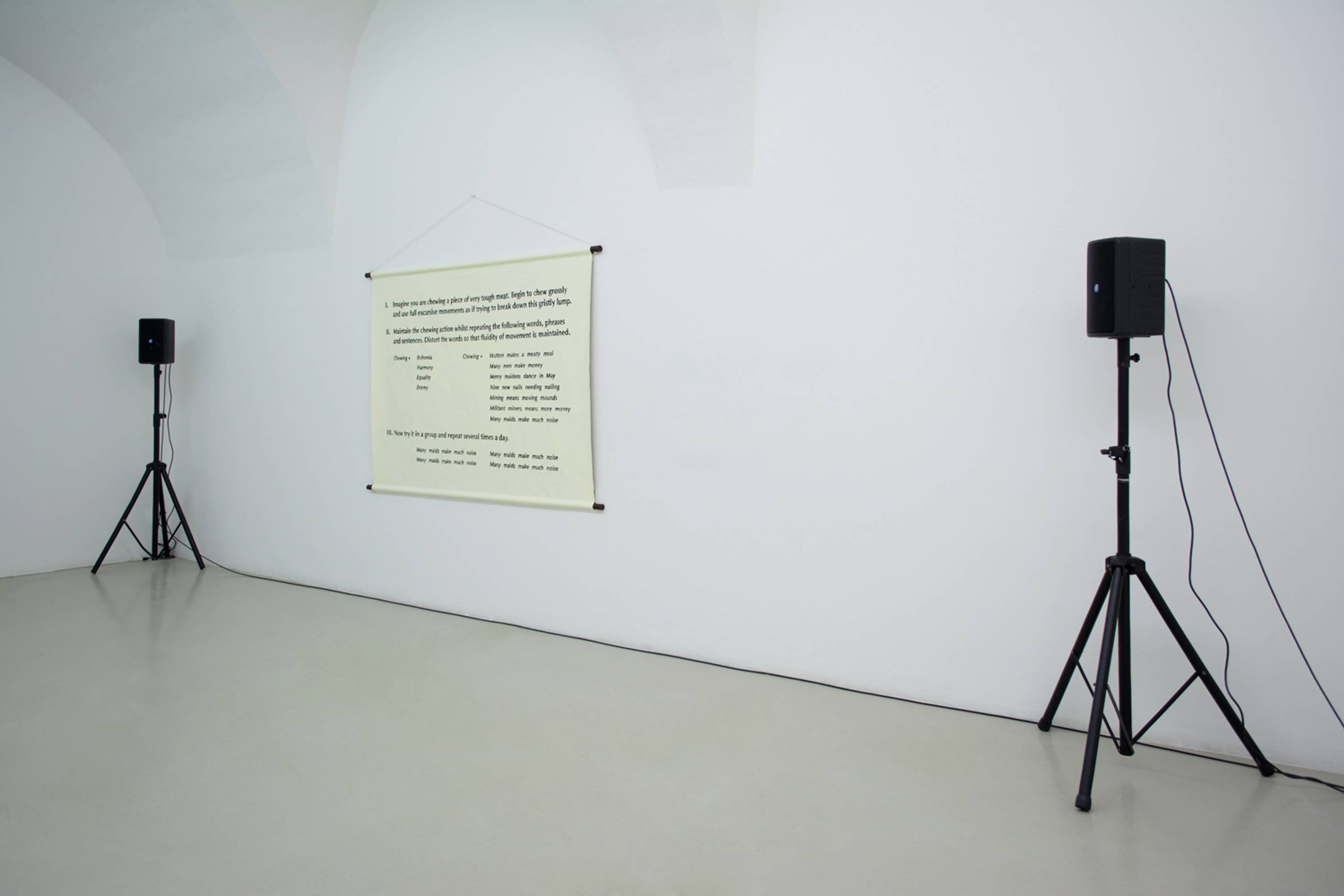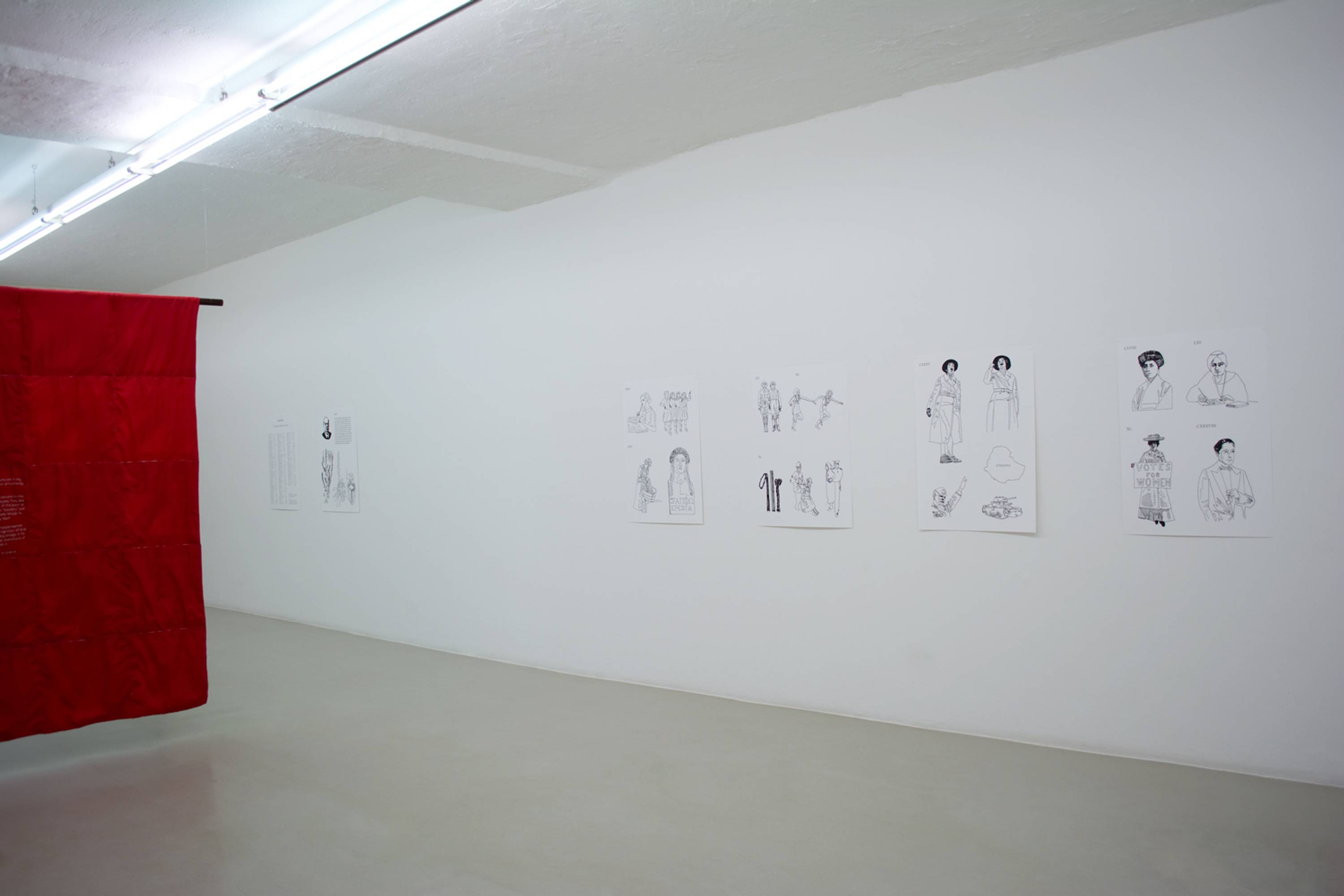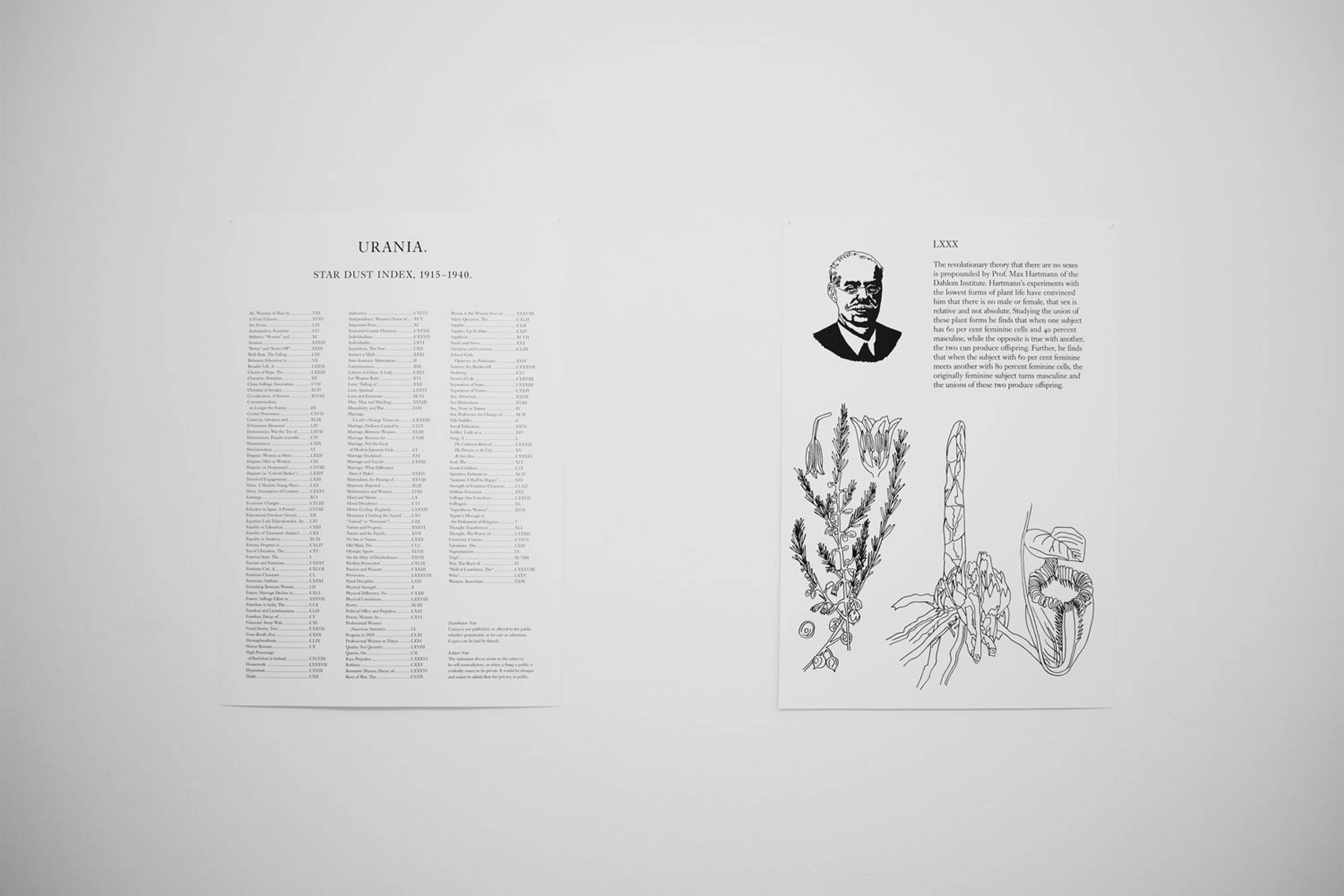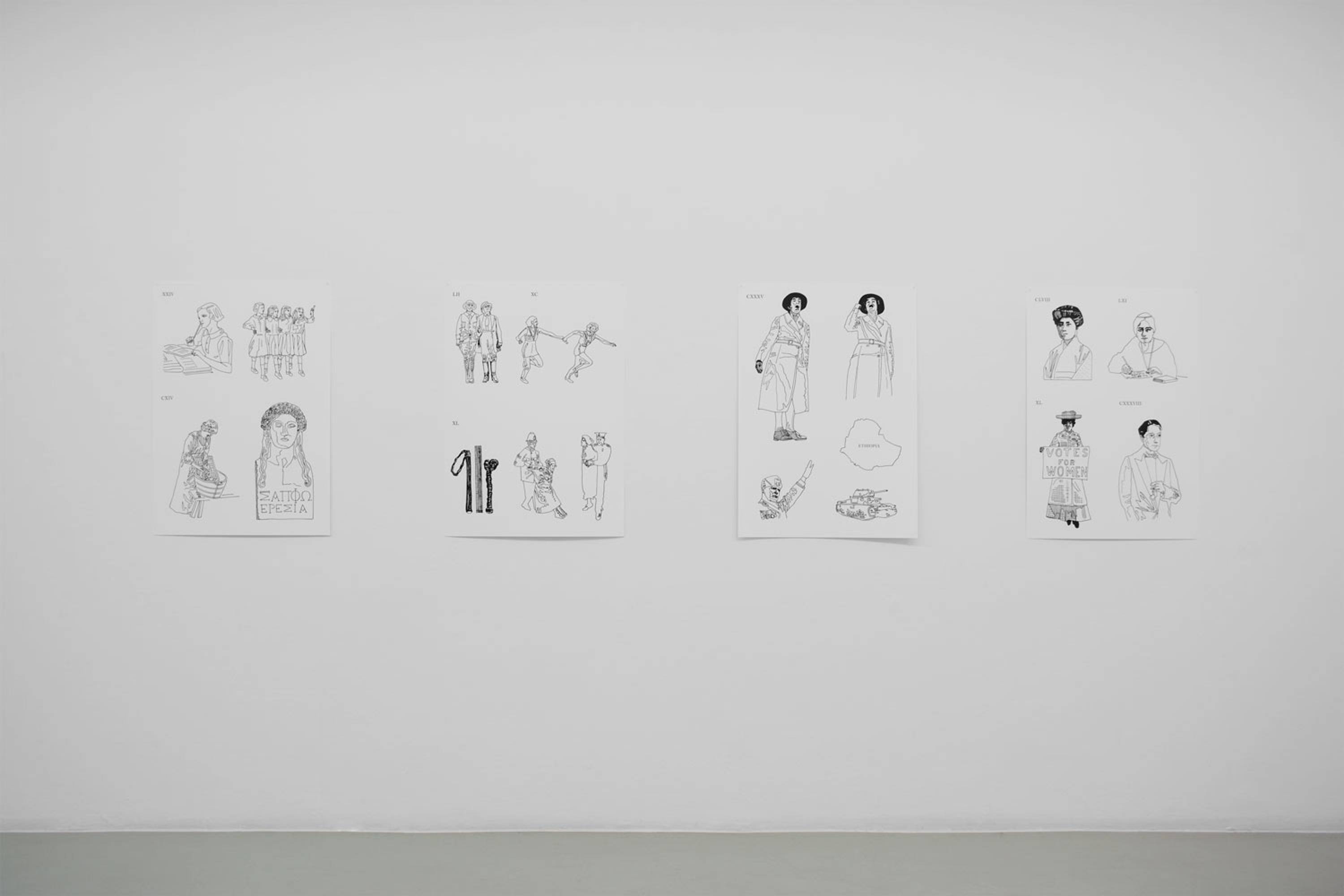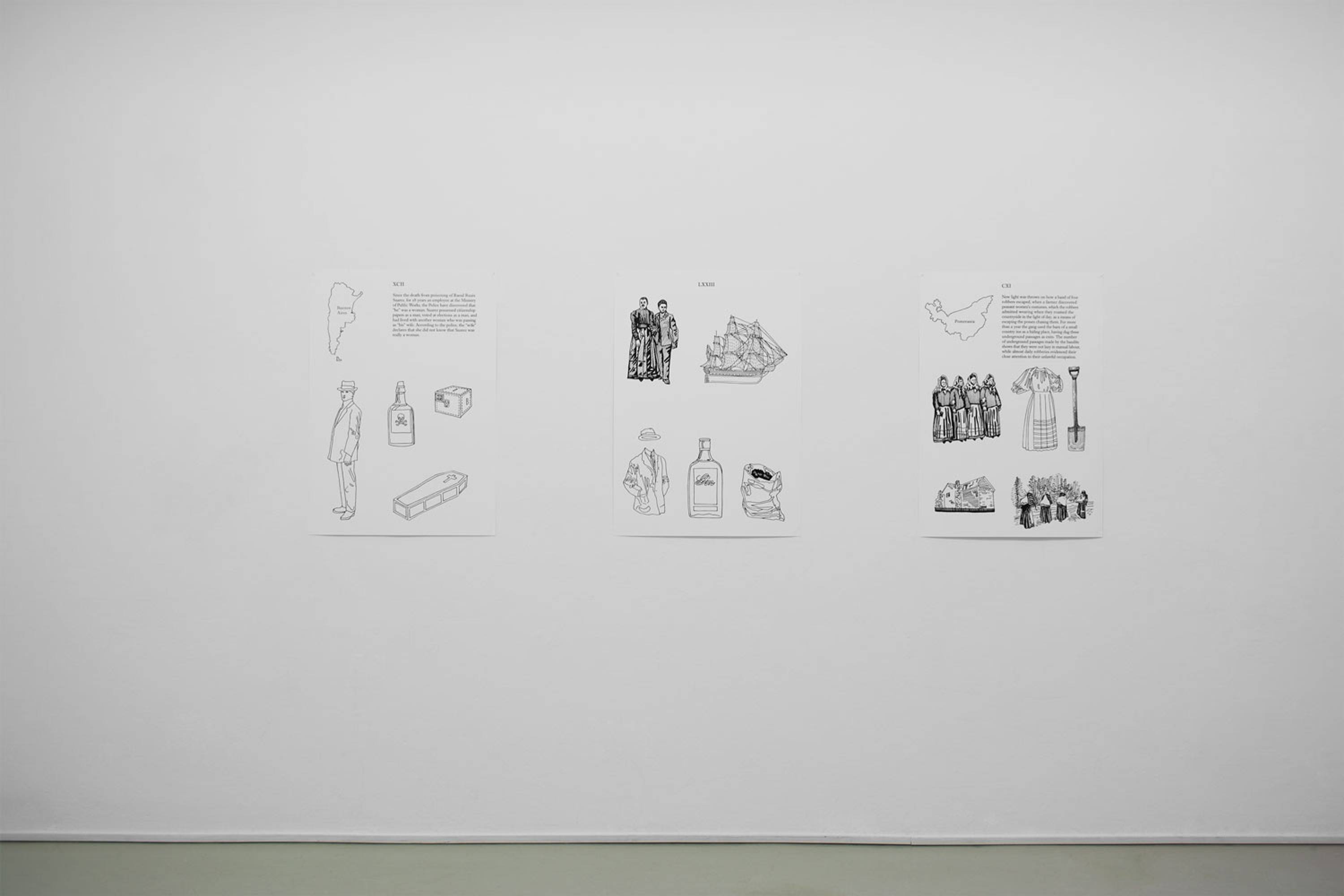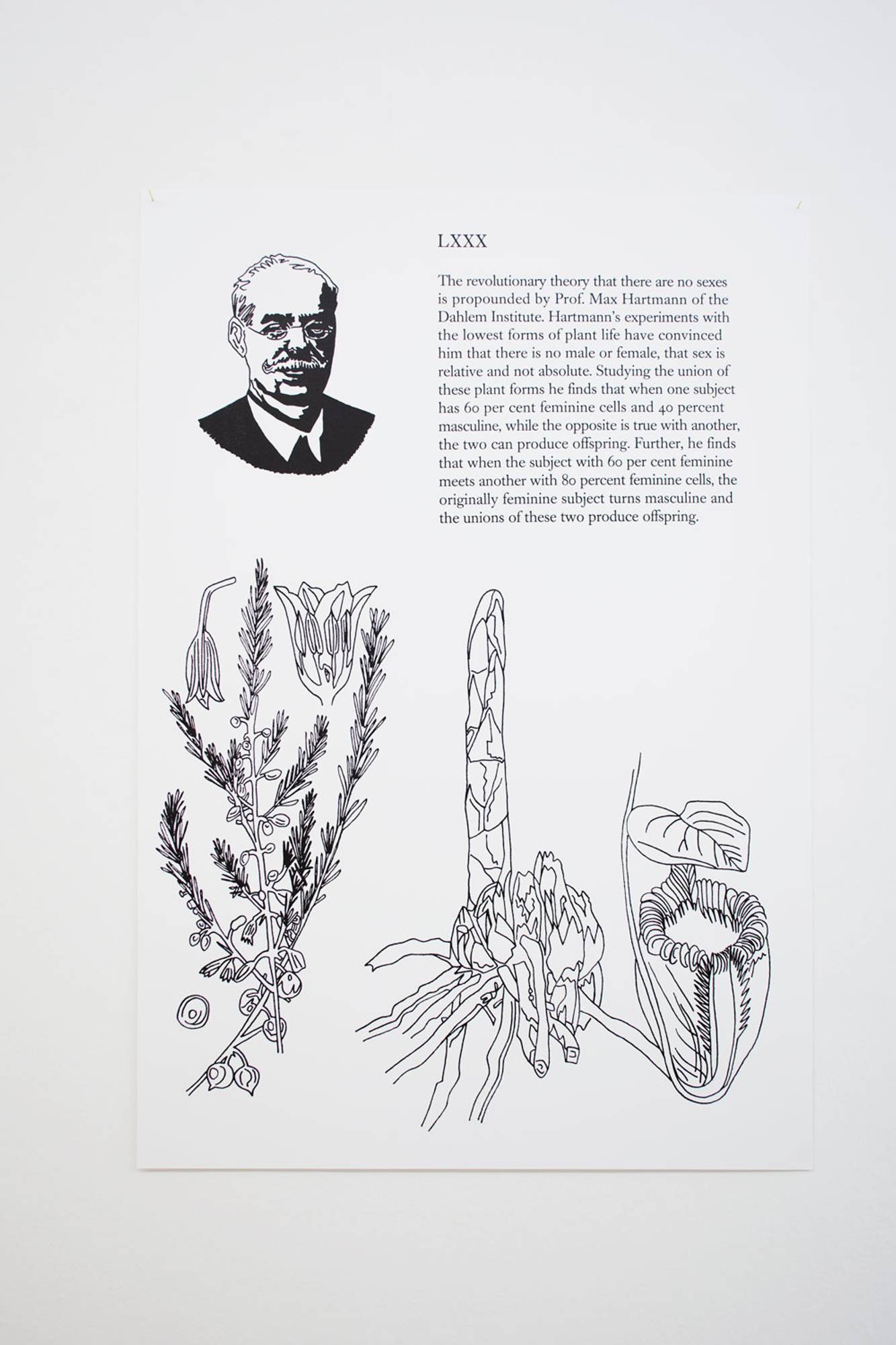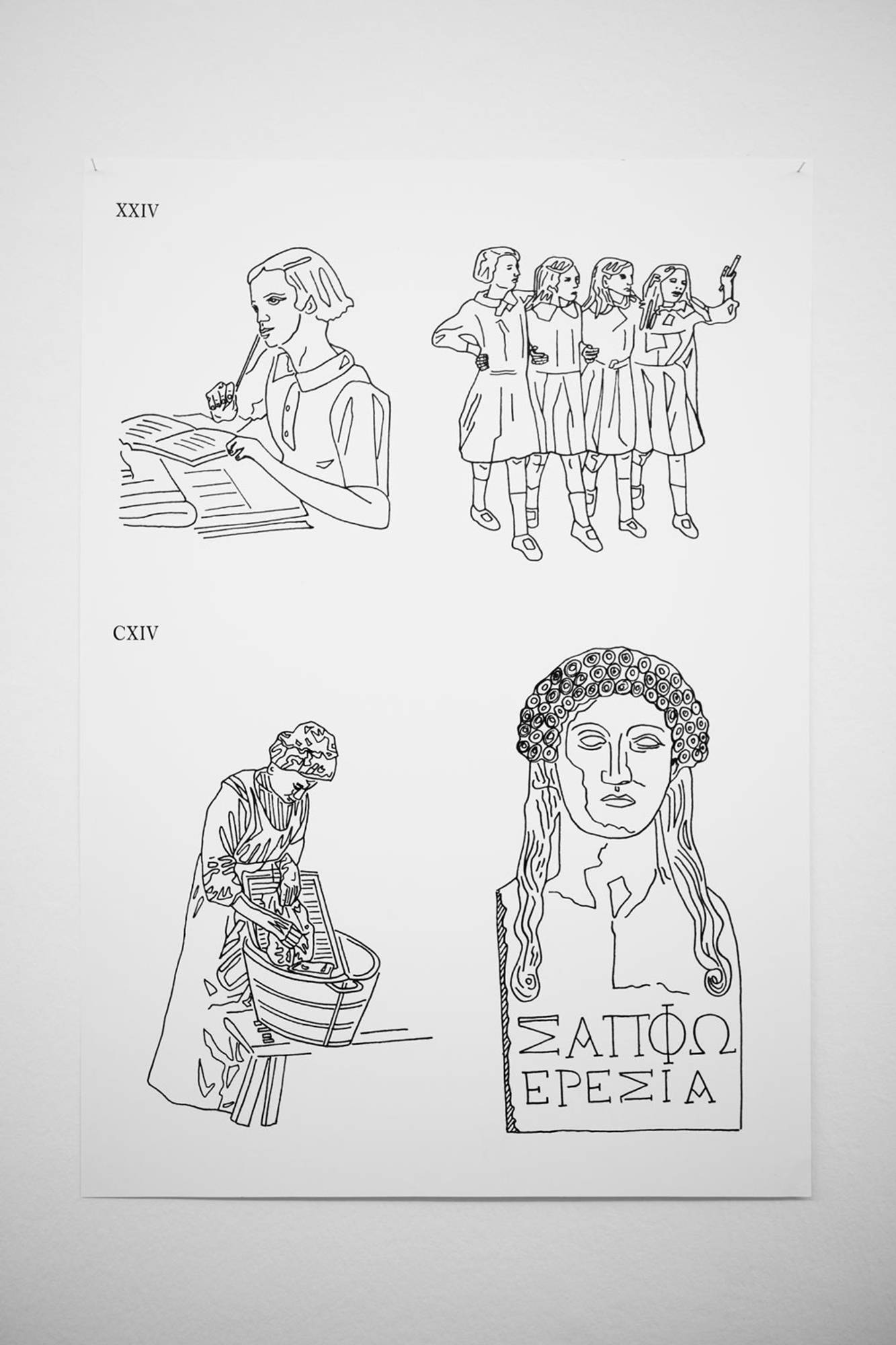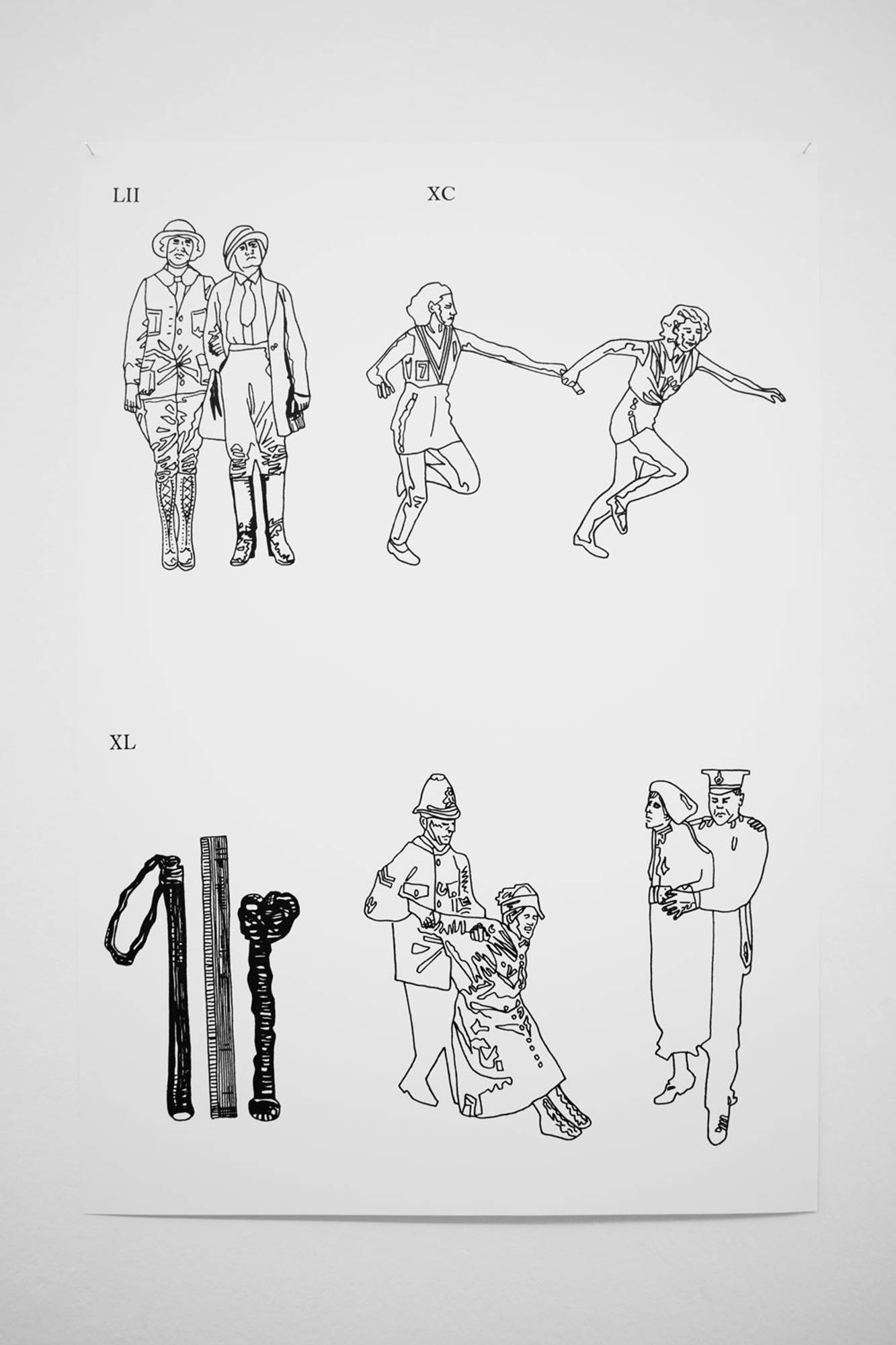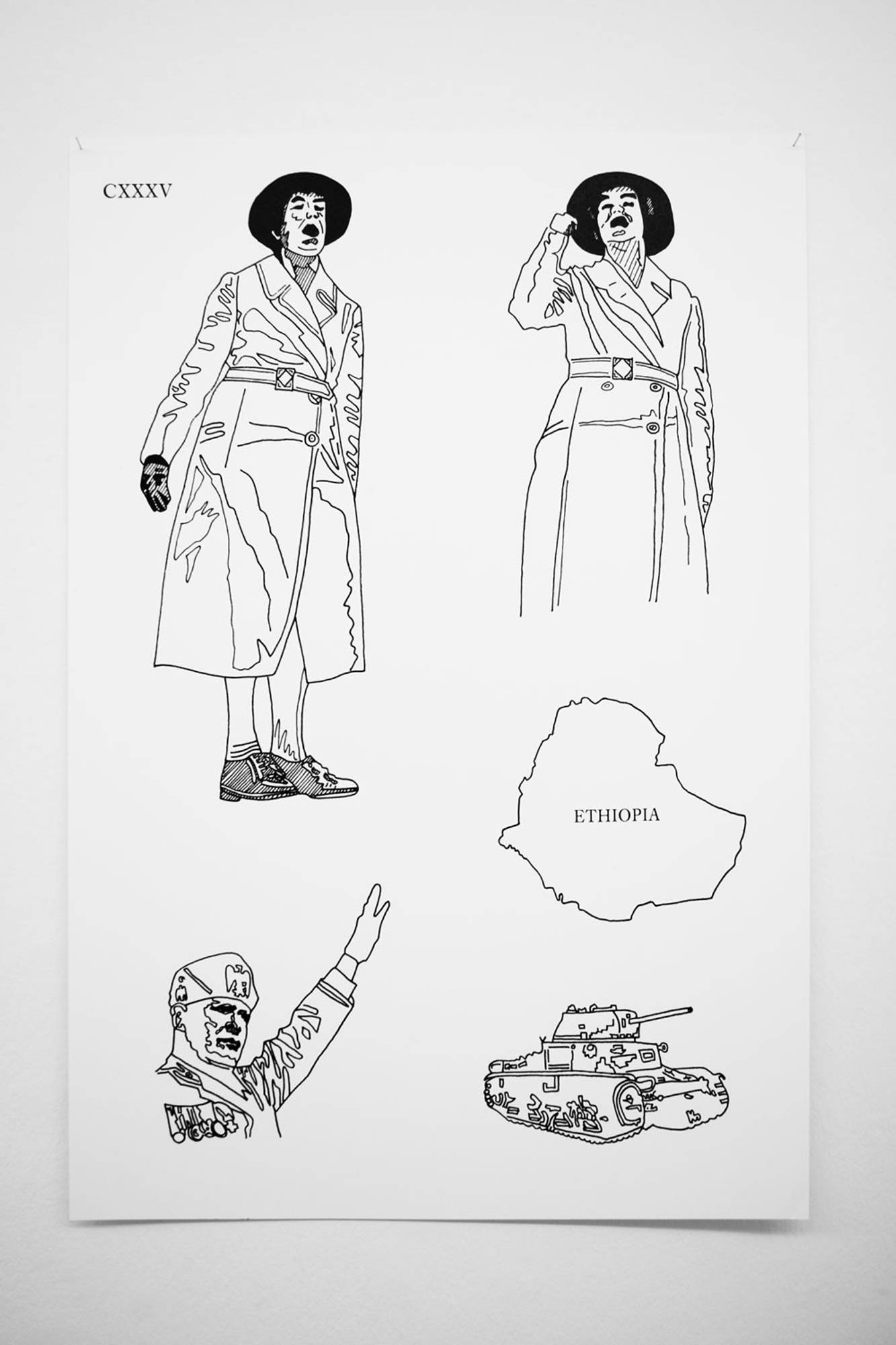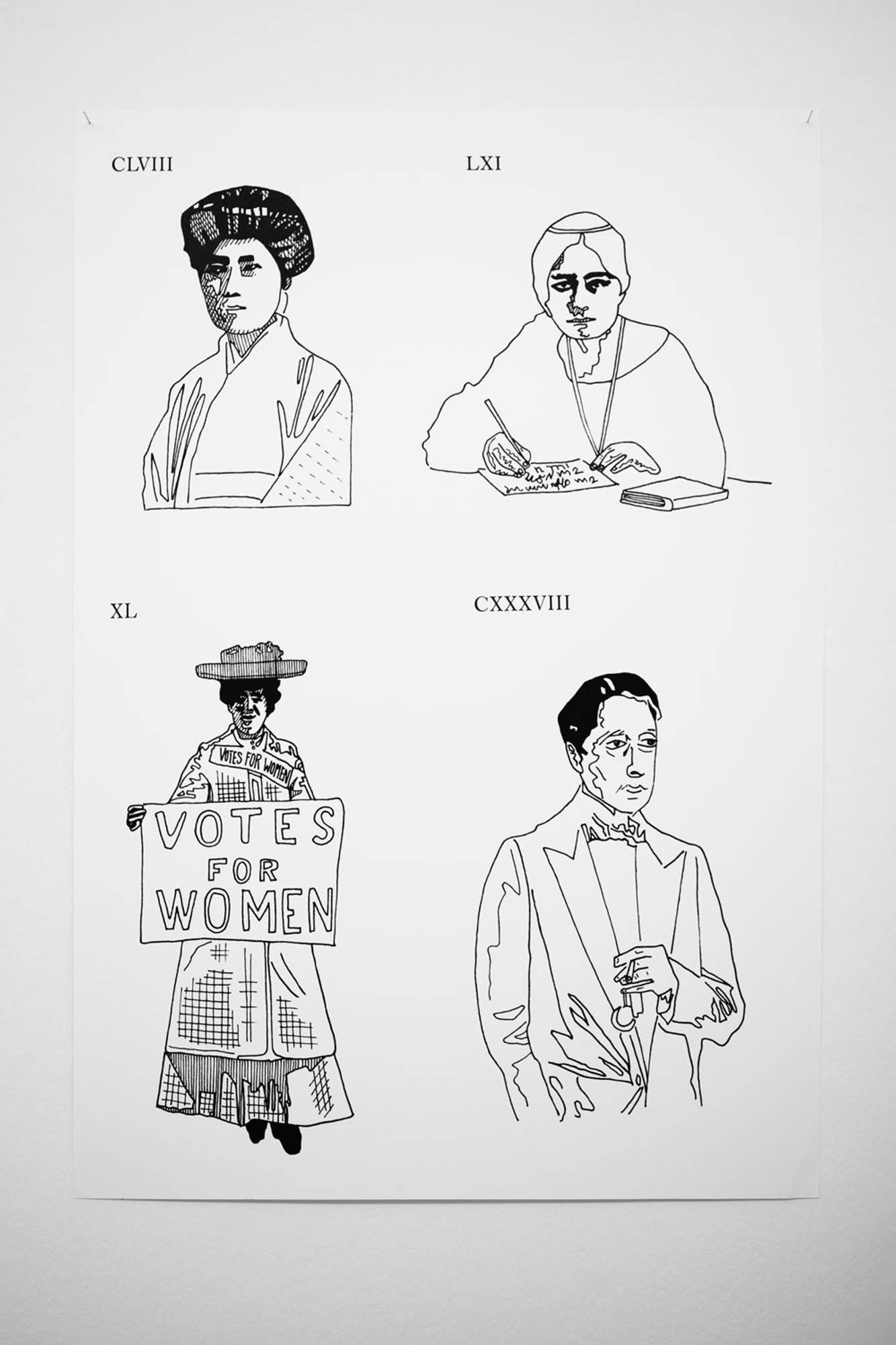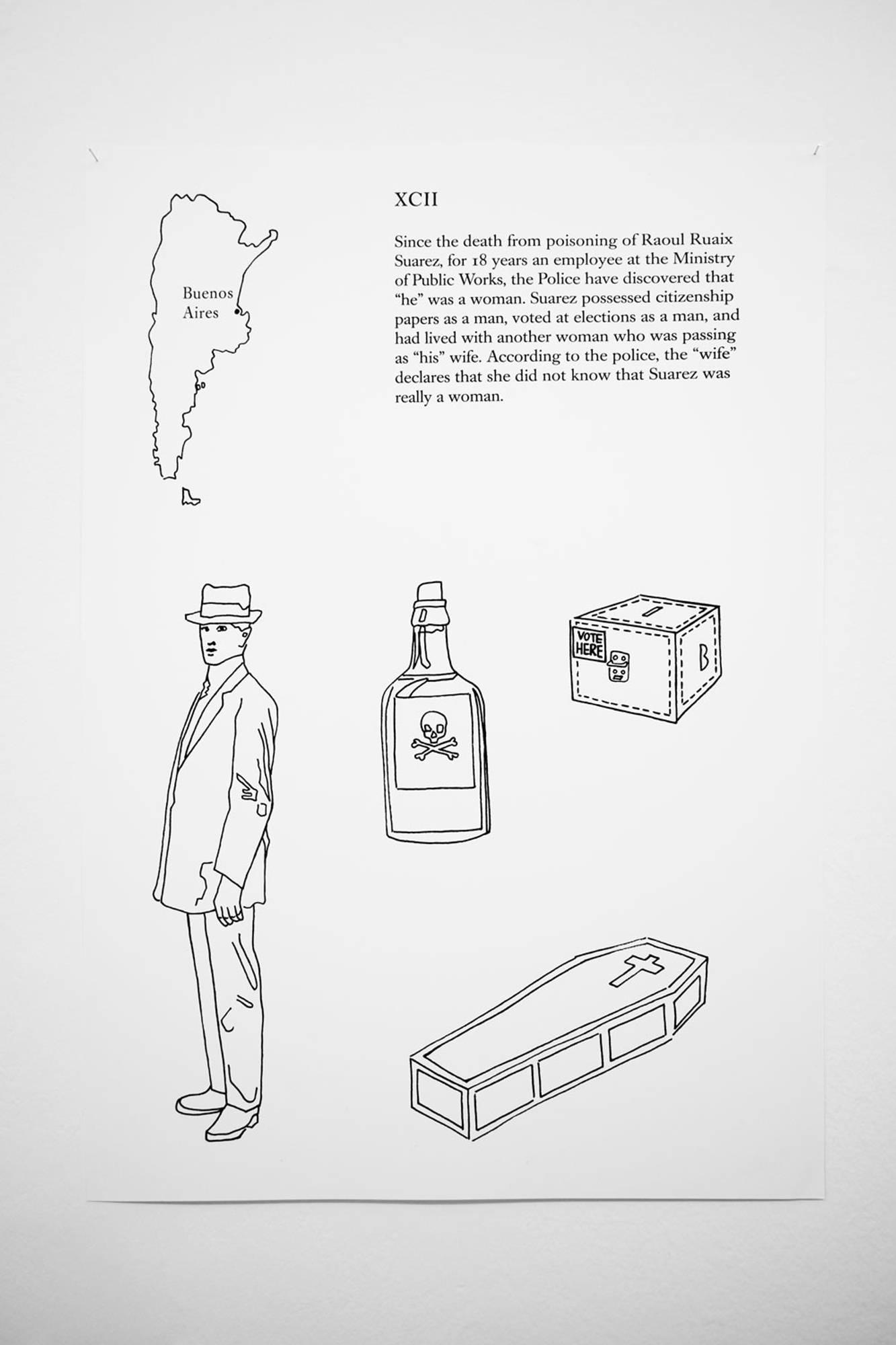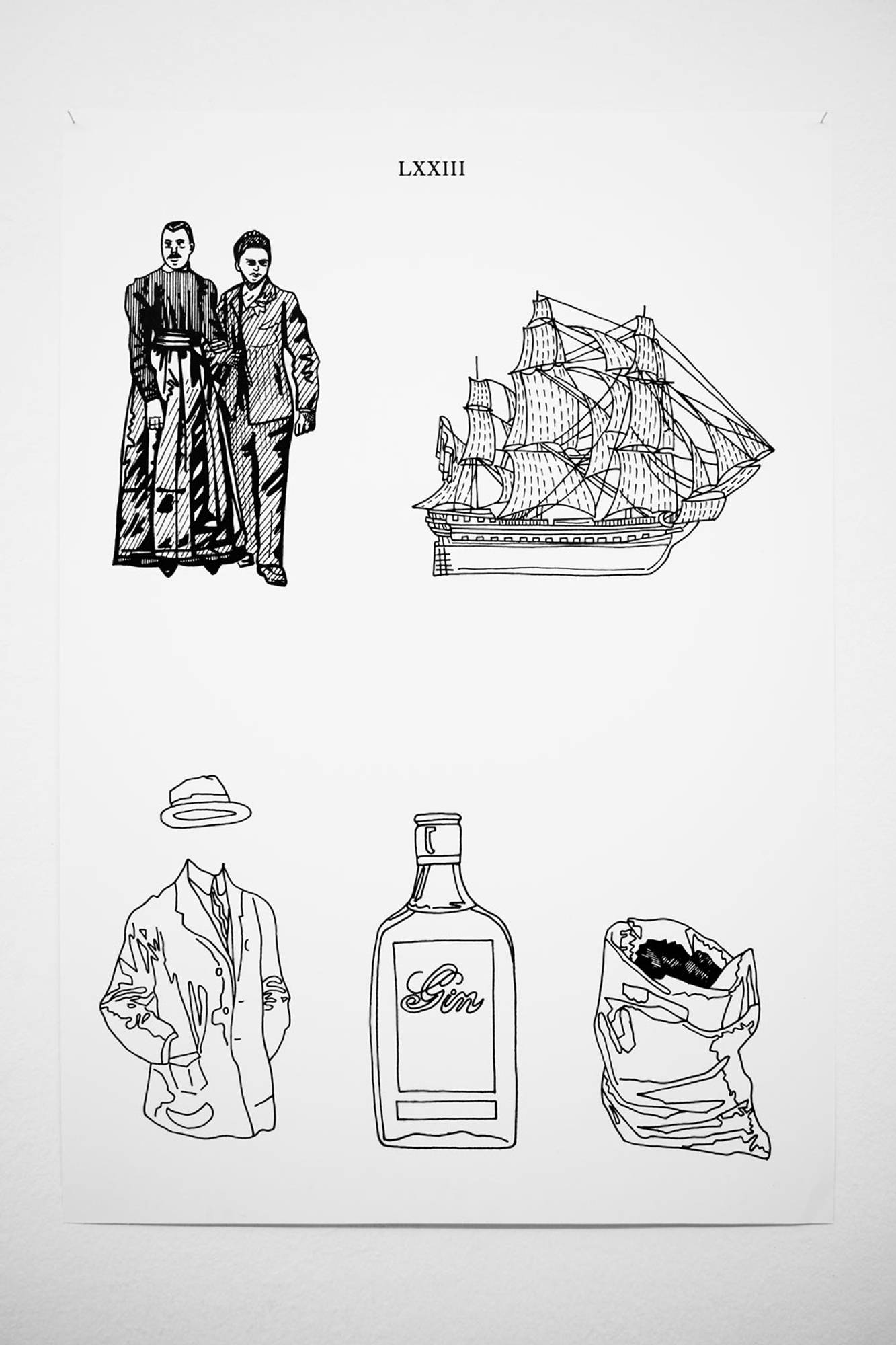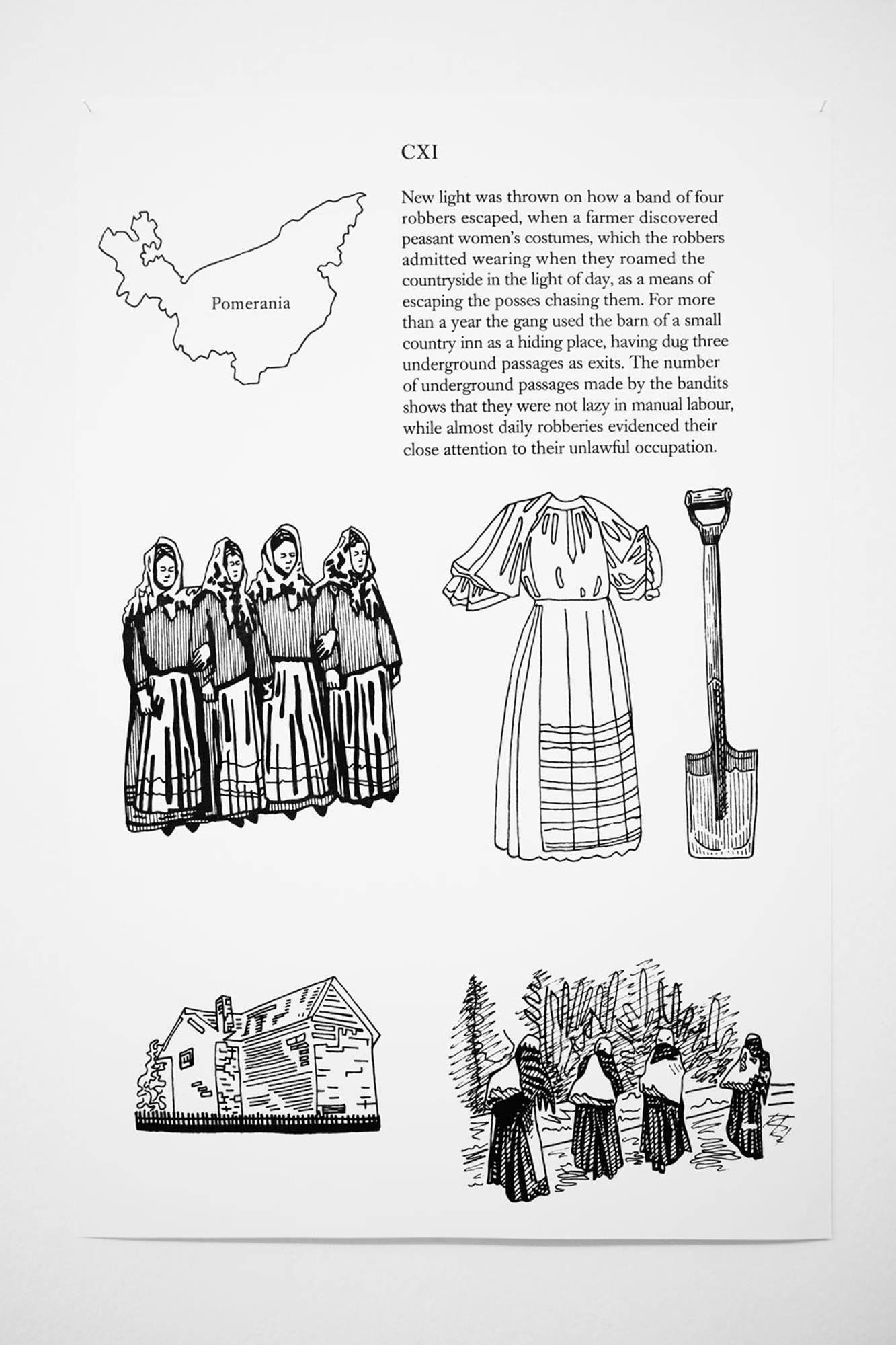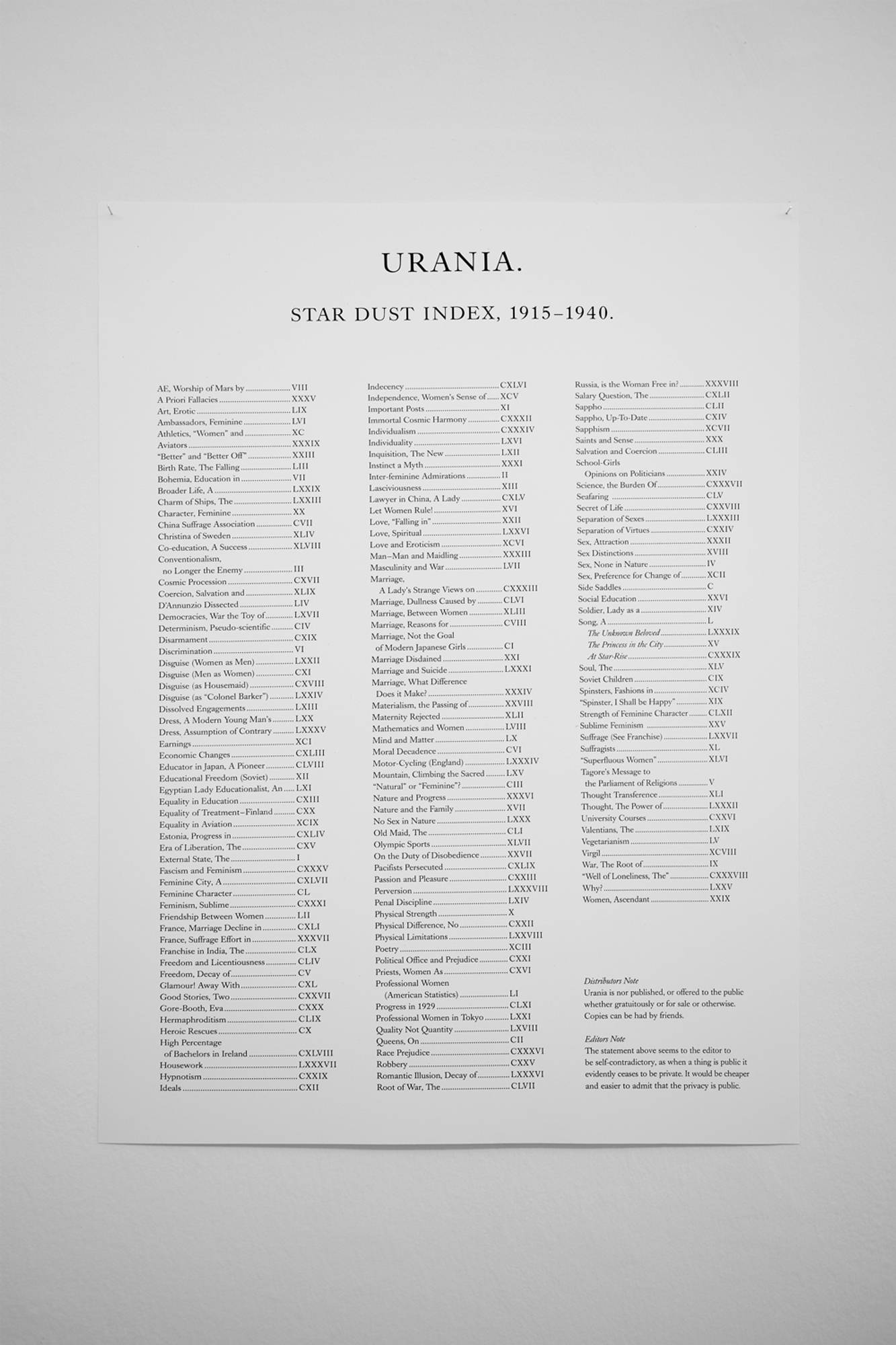Many Maids Make Much Noise Olivia Plender
Opening
with Philipp Achammer council member
04 dicembre, 7 pm
Many men make money
Merry maidens dance in May
Mining means moving mounds
Militant miners means more money
Many maids make much noise
With the first Italian solo exhibition by British artist Olivia Plender (b. 1977), ar/ge kunst concludes its 2015 programme reflecting on thirty years’ activity as Bolzano/Bozen’s Kunstverein and on the meaning of its own name (ar/ge kunst as Arbeitsgemeinschaft or working group).
Plender is interested in the voice as material and an instrument to investigate how forms of authority and power relations can be established. In particular, she is interested in what the act of speaking in public itself means, who exactly feels the legitimacy to do it, who does not and how this affects the construction and the narration of history.
In Many Maids Make Much Noise, Plender carries on her recent research into the history of the Women’s Social and Political Union (WSPU) – the militant wing of the British Suffragette movement, which, at the beginning of the twentieth century, fought for women’s right to vote – allowing aspects to emerge that official historiography considers minor but that are central in the genealogy of the struggle for civil rights.
Specifically, the exhibition at ar/ge kunst is themed around Urania, a journal founded in 1915 by several suffragettes and active until 1940. It was the first British magazine to produce a cultural and political discourse on gender issues and the demands of lesbian and gay individuals and communities. The name Urania refers to a specific idea of Utopia, as a place where the categories of ‘male’ and ‘female’ do not exist. In the early twentieth century those people who did not neatly conform to social and sexual norms, constructed around ideas of ‘male’ and ‘female’ behaviour, often referred to themselves as Uranians. Subsequently, the journal Urania was a kind of catalogue of incidents of gender troubling and feminist struggles; a collection of articles clipped from newspapers from around the world, republished with very little editorial and analytical commentary and distributed privately to a wide network of friends and supporters. Any commentary was often unsigned or published under a pseudonym used collectively by several writers, which made Urania into an ‘institution’ that constituted itself through the voice of a collective subjectivity.
In a series of posters, banners and a sound piece in which she works with her voice, Plender re-edits fragments, articles, statements and the Index of Urania (Star Dust Index) to construct a textual space that invites the audience to a ‘public’ reading. The title of the show is drawn from a series of voice exercises that the artist practiced for the re-education of her own voice and which reappear in the sound piece where she rehearses them with a voice coach. Plender originally came across these exercises having lost her ability to speak following an illness in 2013 and repeated them daily over the course of her year-long rehabilitation. During that period she began to speculate about the anonymous author of these words and phrases; a care worker employed by the hospital where she received treatment, whose messages are clandestinely distributed through the bodies of individuals attempting to find a voice. Hidden amongst absurd ‘nonsense’ sounds are exercises which seem to refer to recent history, such as the British miners strike of the 1980s, and address militancy and the act of speaking itself ¬– what it means to collectively ‘make noise’ in order to be heard in public.
In the exhibition Plender reflects on the relationship between ideology and institutions, as well as on the modes by which they affect the body as a place where the personal and the political coexist. In this polyphonic exhibition, through which many voices can be heard, Plender remains loyal to the educative, formative and emancipatory dimension of the actions of those ’many maids’ who came together to ’make much noise’.
